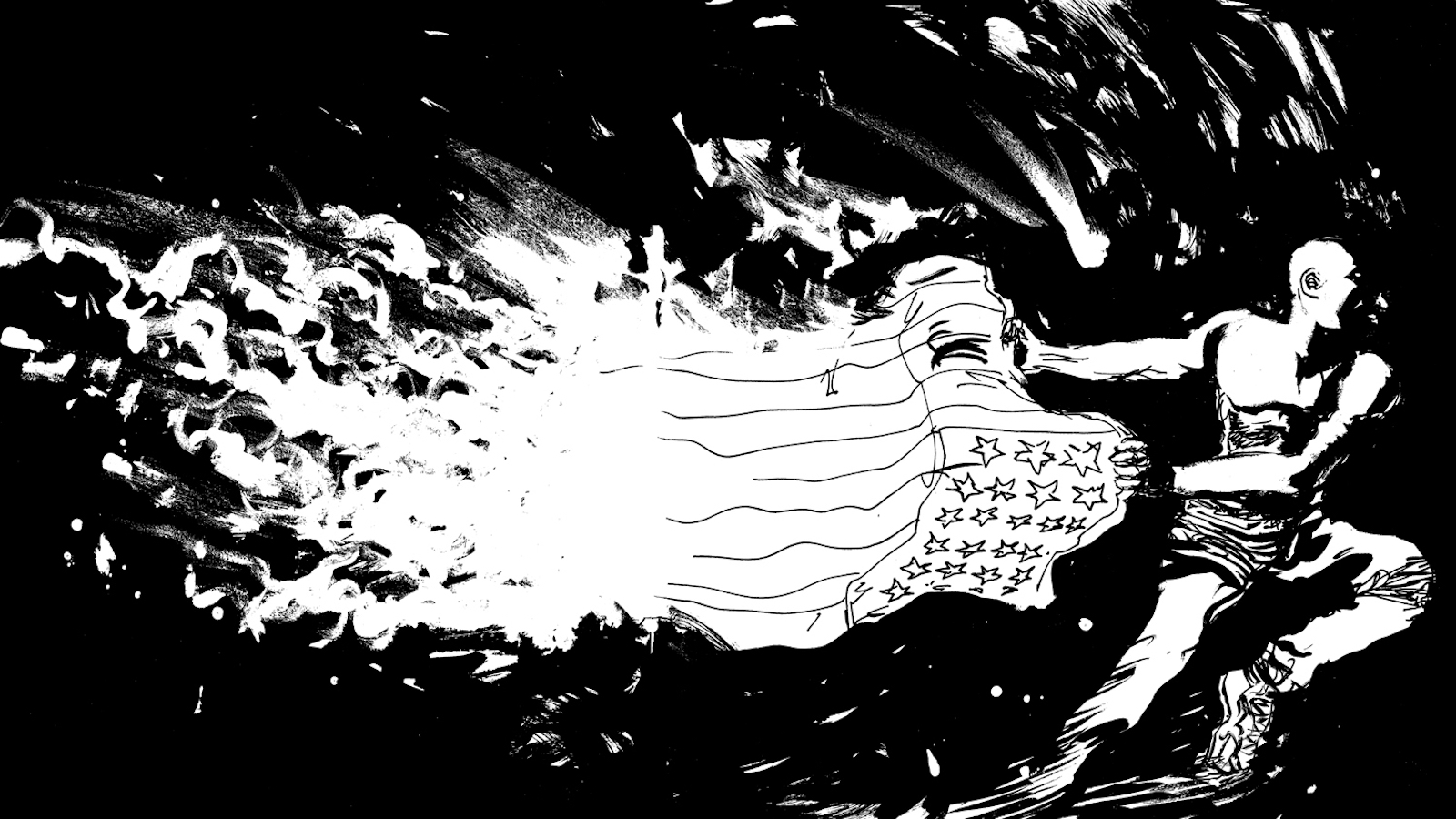
America is on Fire, but Maybe This Fire Can Shed Some Light
America is on fire right now, and I worry about Her. It seems like we Americans are irreparably divided by just about everything—party affiliation, race, neighborhood, and even our personal beliefs. Many mistakes created this tinderbox, but the spark that set it ablaze was an act of gross injustice, caught on camera, of a white officer killing a black man.
Many Americans, specifically African Americans, rightly doubt that justice will be done. Many wonder if the ideals of our justice system—a level playing field between law enforcement and the citizens they serve, and equal treatment under law—are, and always have been, a myth.
We could just throw up our hands in despair. Or we can lead forward, calling out structural problems in our criminal justice system and implementing fundamental changes.
At Free the People, we have offered a number of reforms to policing, and also reforms that rethink all of the things that we attempt to police, that could restore public confidence in law enforcement. We have also worked with both Republicans and Democrats to enact criminal justice reforms that can make the system more fair and just.
But we don’t look to politics for structural solutions to structural problems. Politics, after all, is just political. It’s how we got here in the first place.
If we want justice, it’s Just Us.
So we have decided to release our first feature documentary, “How to Love Your Enemy: A Restorative Justice Story.” It tells the story of individual citizens, police, and social entrepreneurs in Longmont, Colorado practicing “restorative justice,” a process that emphasizes personal responsibility and the rights of victims over retribution and punishment through government courts. Through the restorative justice process, offenders are encouraged to own up to what they did, meet the people they hurt, and work together with the community to make things right. Not only does this benefit the victims, it also forces offenders to face the harm they’ve caused other people.
As the Longmont Police Department itself attests, the practice of restorative justice has repaired the reputation of local law enforcement. More important, recidivism rates have plummeted. There are fewer crimes committed, with one-time offenders returning as productive members of the community.
So, yes, if we want real justice reform, it is Just Us. Restorative practices in Longmont have replaced top-down government-enforced “criminal justice” with bottom-up community-based healing.
America is on fire. But maybe this fire can shed some much-needed light on a big transformative idea. This seems like the perfect moment to replace a model based on government-imposed retribution with restorative justice practices that heal instead of divide.
Originally, Free the People had planned to take “How to Love Your Enemy” on the film festival circuit. In fact, in late February we won two awards at the Front Range International Film Festival—Best Documentary Feature award, as well as Best Director for the film’s co-directors, Sam Martin and Matt Battaglia.
But you know what happened next. Shelter-in-place rules ended public gatherings, including film festivals. And then George Floyd was murdered, allegedly for attempting to pass off a counterfeit $20 bill at a market. He had lost his job after the Minnesota Governor closed restaurants and bars, including the one he worked at.
Can we take these events and work for something good from all of this senseless tragedy? Can we help restore trust in our justice system? We—you and I—should do everything in our power to make things right for all Americans.
Radical reasonableness—personal responsibility and community-based problem-solving outside of government—seems like the perfect antidote to the toxic politics of blame and division.
“How To Love Your Enemy” is an emotionally compelling story about real people working to make things right. It’s also a tutorial for other communities looking to restore faith in their justice systems and law enforcement. The two stars of our documentary—Longmont Police Chief Mike Butler and Longmont Community Justice Partnership Director Kathleen McGoey—are true social entrepreneurs and seasoned practitioners of the Restorative Justice process. They want to teach, and they have spent years learning what works best.



